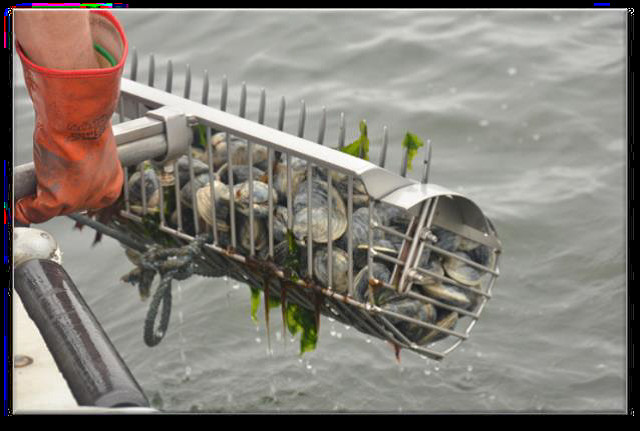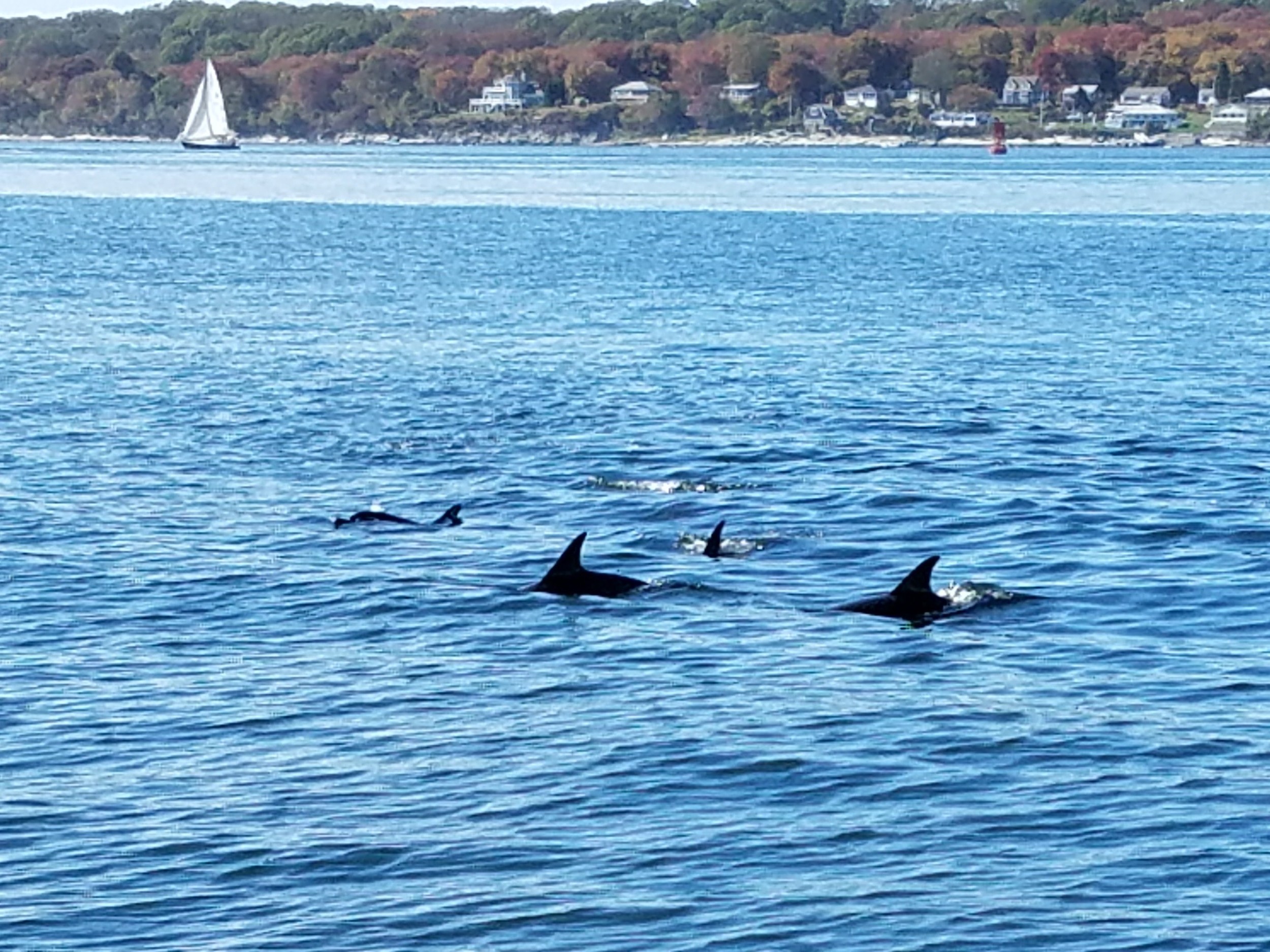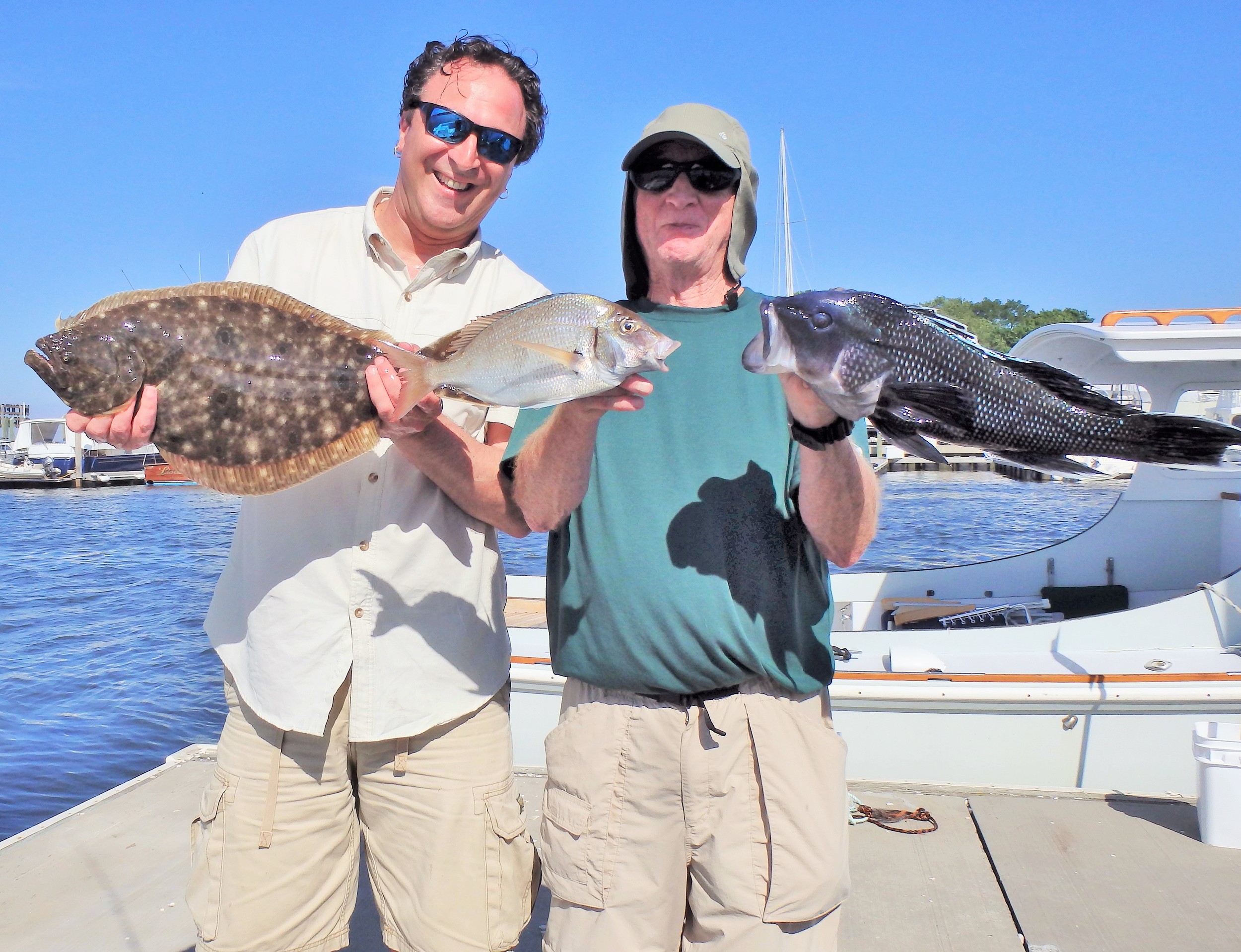Report says bay and rivers cleaner; climate change accelerating
As a fisherman, I was excited when I first got my eyes on the Narragansett Bay and Its Watershed Report that was released this week. I was pleased to find out that Narragansett Bay and the rivers that feed it (including the Blackstone, Tauton and Pawtuxet Rivers) are much cleaner.
The discouraging news was the accelerating impact climate change has and will have on our estuaries, the sea grass, fish populations, Narragansett Bay and surrounding communities. Air and water temperatures and sea level are all rising. Many of the estuaries (which serve to help grow fish and the food they eat to abundance) will just not be there if we do not take steps to adapt and mitigate the impacts of climate change.
“The water quality in Narragansett Bay and its rivers has improved through significant infrastructure improvements to reduce excess nutrients, toxic contaminants, and pathogens,” said Dr. John King at the Narragansett Bay and Its Watershed Report workshop held Monday, October 23 at Save The Bay Center, Providence. “However, climate change is impacting us at an accelerated rate, so much so that the quality of our environment and the social and economic vitality of the cities and towns in Narragansett Bay and its watershed are at substantial risk.”
Dr. King is Science Advisory Committee Chair of the Narragansett Bay Estuary Program (developers of the report) and a professor of Oceanography at the Graduate School of Oceanography, University of Rhode Island.
King, and colleagues from partner organizations that contributed to the report, highlighted key report findings at the Workshop after a media briefing Monday.
The keynote address was given by Robinson (Wally) Fulweiler, an Associate Professor in the Department of Earth and Environment and the Department of Biology at Boston University. Fulweiler said, “Narragansett Bay is an ideal natural laboratory to test the impact of human activities on ecosystem function on both local (e.g., nutrient loading and now nutrient mitigation) and regional/global (e.g., warming water temperatures) scales.
Fulweiler said, “We have intensively studied Narragansett Bay for over seven decades. As a result, we are uniquely poised to assess how estuaries change under complex and interacting stressors. Lessons learned from Narragansett Bay are widely applicable and provide an opportunity for better management, protection, and restoration of coastal ecosystems.”
"This report shows we are making progress and that Narragansett Bay and the rivers that feed it are cleaner. I commend everyone who has worked hard to reduce excess nutrients in the bay and its rivers. This report also affirms that the federal Clean Water Act is working to reduce the discharge of pollutants to important waterways such as the Narragansett Bay estuary. I will continue working to secure federal support to research, monitor and help advance additional projects to protect and restore the Bay and its watershed,” said U.S. Senator Jack Reed.
The State of Narragansett Bay and Its Watershed Report combines key findings from a 500-page technical report developed by the Narragansett Bay Estuary Program in collaboration with numerous research partners in Massachusetts and Rhode Island. The geographic scope of the report includes the 1,705 square-mile watershed. While most of the bay itself is in Rhode Island, 60 percent of the watershed lies within Massachusetts.
A key finding of the report is that the bay water is cleaner which proves that investments are paying off. Over the past several decades research and monitoring conditions have steered action plans that dramatically improved the bay and watershed. Investments in wastewater treatment facilities and restrictions on excess nutrients have created a dramatic drop in pollution. The report revealed a 55 percent decrease in total nitrogen from wastewater treatment facilities and a 45 percent decrease in total phosphorus.
Nutrients in the bay, particularly in coves and estuaries that do not get flushed often, create algae blooms. When algae start to die and uses up the oxygen in the water and can create hypoxia or low levels of oxygen in the water that fish cannot tolerate and could lead to fish kills.
Since 2010 the rate of water quality recovery has increased rapidly enhancing the shellfishing industry. In 2017 an additional 3,711 acres in Rhode Island were converted from ‘conditionally approved to open for shellfishing’ to being ‘open without restrictions.’
This milestone points to one of the economic benefits of a cleaner bay and watershed along with enhanced tourism, real estate values and commerce as a cleaner bay and watershed supports an enhanced quality of life for those that live, work, vacation and fish here. These successes and others were attained from a financial investment, primarily by taxpayers, ratepayers, and the dedicated efforts of government agencies and private sector partners.
The report relates that more needs to be done to combat the effects of climate change as it is accelerating at a faster pace and the data is unquestionable. From 1960 to 2015 air temperature increased approximately 2.7 degrees F and water temperature rose 2.9 degrees F. Projections call for air temperatures in the region to increase another 5 to 10 degrees by 2100. Additionally, the National Oceanographic and Atmospheric Administration (NOAA) projects that sea level could rise as much as nine to eleven feet at Newport by 2100.
"In Rhode Island, we see firsthand the consequences of climate change on our way of life and our coastal economy. As sea levels rise, oceans acidify, and climate change fuels stronger storms, we need to continue boosting efforts like this one to better understand and mitigate the most severe effects on Narragansett Bay," said Senator Sheldon Whitehouse.
Key themes of the State of Narragansett Bay and Its Watershed Report were highlighted and discussed at the workshop. Unifying report themes include the water in the bay is cleaner; conditions vary greatly among places in the bay and watershed, generally improving with distance from urban areas but urbanized areas are expanding; stressors associated with climate change are increasing; and scientists are tracking changes to bay and watershed ecosystems.
A copy of the Narragansett Bay and Its Watershed Report can be found at nbep.org.
Squid fishing and what you need to know
Capt. B.J. Silva and noted local angler Greg Vespe will present their take on Rhode Island squid fishing at a RISAA seminar Monday, October 30, 7 p.m. at the West Warwick Elks, 60 Clyde Street, West Warwick. Learn how to choose the right jig, locate squid throughout the year, tactics they use to maximize their catch. RISAA member attend free, non-members are requested to make a $10 donation to the RISAA Scholarship Fund. Visit risaa.org (click next seminar) for details.
Where’s the bite
The tautog bite was spotty this week. I had no problem hooking up with three keepers to 23” within 90 minutes this week in the General Rock, North Kingstown area and then on Sunday the bite was off there, all shorts. Rich Hittinger, 1st vice president of the RI Saltwater Anglers Association said, “We fished our favorite spots off Pt. Judith last week and then moved to low water areas off Newport. The tautog bite was terrible, just two keepers.” Ken Ferrara of Ray’s Bait & Tackle, Warwick said, “Customers continue to catch keepers at Coddington Cove, Hope Island and General Rock.”
False albacore continue to be caught off Narragansett and along the southern coastal shore.
Cod fishing. Captain Frank Blount of the Frances Fleet said, “Some improvement on the local cod grounds. Some bigger white belly green cod have showed up with sizes in the mid-teens to low twenties. The mixed bag fishing has been great on the cod trips as well. There has been catches of sea bass, scup, fluke, flounder, ling, choggies, bluefish and even a green bonito or two. The action on the scup has been some of the best we have seen in a while. Some anglers are having no problem catching a limit of scup to over 3 pounds.”
Captain Dave Monti has been fishing and shellfishing for over 40 years. He holds a captain’s master license and a charter fishing license. He is a RISAA board member, a member of the RI Party & Charter Boat Association and a member of the RI Marine Fisheries Council. Contact or forward fishing news and photos to Capt. Dave at dmontifish@verizon.net or visit his website at noflukefishing.com.











